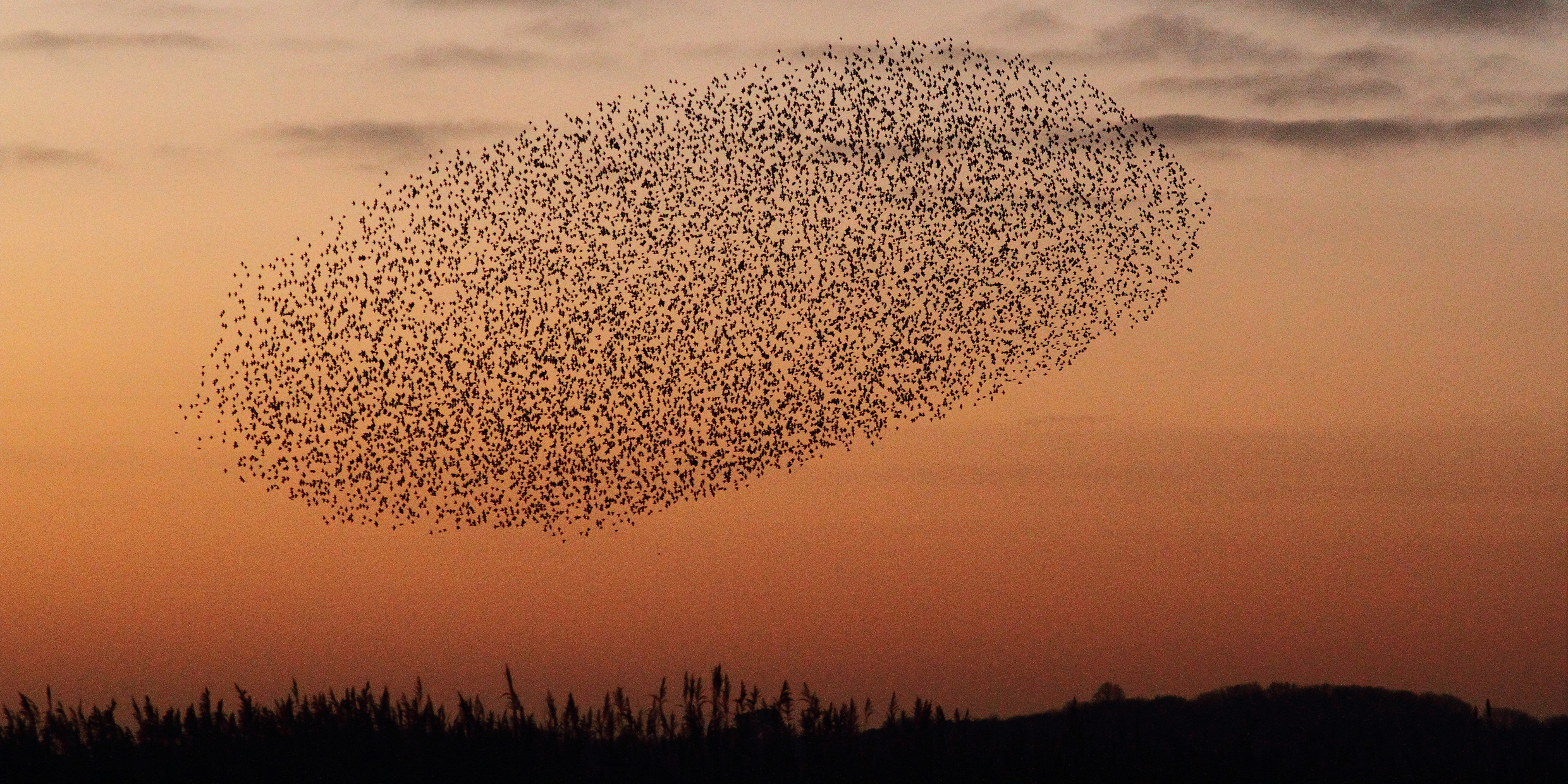Originally published 29 April 1996
It is a popular misconception that evolution is “just a theory.”
On the contrary, the evidence for the development of life over billions of years by common descent from simple ancestors is overwhelming. So overwhelming that most biologists and geologists would call evolution a “fact.”
The influential geneticist Theodosius Dobzhansky said “Nothing makes sense except in the light of evolution.” Nobel prize-winning biologist Peter Medewar said, “The alternative to thinking in evolutionary terms is not to think at all.”
What these two great biologists meant is that no other scientific theory presently offers a satisfactory framework for making sense of what we know about the world.
Here are some things that virtually all biologists hold to be true:
- Life has developed on this planet over billions of years.
- All living organisms share common ancestors.
- Species come and go.
- Natural selection, as understood by Darwin and subsequently extended by Mendel, Weismann, and population geneticists such as Dobzhansky, helps shape the tree of life.
Beyond that, the story of life is up for grabs — and hotly debated by biologists. One important bone of contention: Is natural selection acting alone enough to explain the diversity and complexity of life on Earth?
Many biologists would say yes. However, a growing number of biologists question the exclusivity of natural selection as the driving force of evolution. Also at work, they maintain, are sources of natural order that exist in any complex, organized system.
One scientist who advances this view is Stuart Kauffman of the Santa Fe Institute in New Mexico. He has written a hefty, highly technical book called The Origins of Order to answer the question, “What are the sources of the overwhelming and beautiful order which graces the living world?”
Kauffman sets out to show that sources of self-organization exist throughout the natural world: The six-pointed snowflake and spherical drop of rain are simple examples. In highly organized systems, such as biological organisms, these natural sources of order drive nature towards ever more complex forms.
“None can doubt Darwin’s main idea,” Kauffman writes. “If we are to consider the implications of spontaneous order, we must certainly do so in the context of natural selection, since biology without it is unthinkable.”
But Darwin is not enough, he insists.
Life has not been cobbled together by natural selection acting on random mutations, says Kauffman. We are not Rube Goldberg machines slapped together piece by piece by evolution. Rather, life is “a natural expression of the stunning self-organization that abounds in very complex regulatory networks… Order, vast and generative, arises naturally.”
In other words, we are more than the sum of our chemical parts. Life is an emergent phenomenon that arose when chemical systems on the early Earth increased beyond a “threshold of complexity.” The subsequent history of life unfolds at least partly as a consequence of complexity.
Kauffman and his colleagues use powerful computers to explore how complex interconnected systems behave. They have demonstrated how complex systems of simple elements can catalyze their own self- organization.
These computer simulations show intriguing parallels with the real-world history of life.
Kauffman thinks laws of self-organization lie at the heart of nature. If we can discover these laws, he says, we will understand how our bodies developed from a single fertilized egg, and how our species emerged over billions of years from prebiotic chemicals.
He is a long way from finding the laws he is looking for, but the results achieved so far hint at a directionality and inevitability to evolution that may not be fully accounted for by Darwinian natural selection.
Anyone who enjoys watching a brilliant mind at work/play should glance at Kauffman’s The Origins of Order, or read his popular book on the same subject, called At Home in the Universe. One catches a glimpse of the power of the mathematical way of thinking, and also of a necessary humility in the face of life’s greatest mysteries.
He writes: “Almost 140 years after Darwin’s seminal book, we do not understand the powers and limitations of natural selection, we do not know what kinds of complex systems can be assembled by an evolutionary process, and we do not even begin to understand how selection and self-organization work together to create the splendor of a summer afternoon in an Alpine meadow flooded with flowers, insects, worms, soil, other animals, and humans, making our worlds together.”
Kauffman is not stingy with words like “possibility,” “maybe,” “I do not know.” He knows we have only begun to understand our origins. He talks about “reinventing the sacred.” He offers a vision of creation worthy of the most resourceful Creator.



